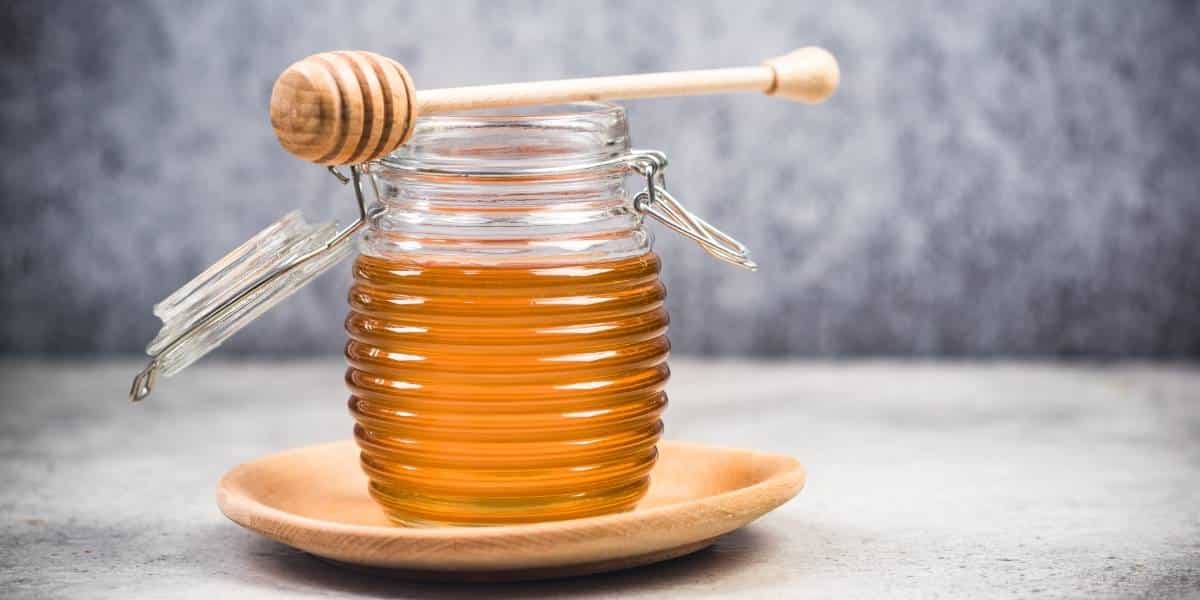FREE SHIPPING WHEN YOU ORDER $35 OR MORE

Raw Honey For Allergies
Raw Honey For Allergies
If you’re like most people, you’ve probably heard that there are many different benefits of eating raw honey. Maybe one of the best benefits, though, applies only to allergy sufferers. Raw honey for allergies is an excellent way to reduce your allergic symptoms during your worst allergy seasons, but it only works if you take it over time.
Which Allergies Can Be Treated with Raw Honey?
Research shows that raw honey really only works well with pollen allergies. While some current studies are underway to determine whether it helps people with other sensitivities, the simple truth is that because you’re only exposing your body to the pollen that bees gather, it seems that honey can really only treat those kinds of allergies best.
However, those studies may eventually find that raw honey can help treat a variety of kinds of allergies. However, it certainly can treat many allergy symptoms from a variety of sources like sore throat and coughing.
How Does It Work?
Understanding why raw honey works to treat allergy symptoms may help to understand exactly how honey is made. Raw honey comes from the bees you might see in your yard. The bees leave the hive, then gather pollen from local flowers. That’s actually the same pollen that causes your allergy symptoms.
From there, the bees take the pollen back to the hive and begin to process it. Later, a beekeeper takes the honey the bees have processed, lightly filters it to remove things like chunks of beeswax and dead bees, then jars it for your consumption. Raw honey is never heated or heavily filtered, and this is why it works so well for allergy sufferers.
Many scientists believe that the key to treating allergies is to slowly build up a better response to the pollens that cause allergies over time. Because raw honey actually contains a tiny bit of that pollen inside, allergy sufferers who eat a bit of raw honey each day are taking in tiny amounts of pollen to help expose their bodies to the allergens around them. Then they begin to acclimate to the pollen slowly and don’t have such a terrible reaction during allergy season.
It’s important to note that this only works with local raw honey. If the honey you’re consuming was not produced in your local area, you’re not going to get the same exposure to pollen that you might with local raw honey.
This theory of how honey might work is actually a fairly accepted one within the medical community. In fact, it’s the one that backs allergy shots today. Allergy shots contain increasingly larger doses of the substances to which a person is allergic.
As they continue to build up a tolerance to that substance in the shot, their symptoms decrease. This is true for honey, too. As you build up a resistance to the pollen inside the raw honey, your immune response will increase as well.